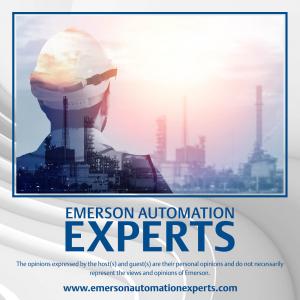Emerson Automation Experts

Teams of Life Savers Partnering to Accelerate and Deliver Therapies Podcast
Emerson’s Jordan Johnson & Rachel Wright join Jim Cahill in this podcast to discuss challenges in the Life Sciences sector and the role of Emerson Life Savers serve in collaborating closely with them to address and overcome these challenges.






 Visit Podcast Website
Visit Podcast Website RSS Podcast Feed
RSS Podcast Feed Subscribe
Subscribe
 Add to MyCast
Add to MyCast